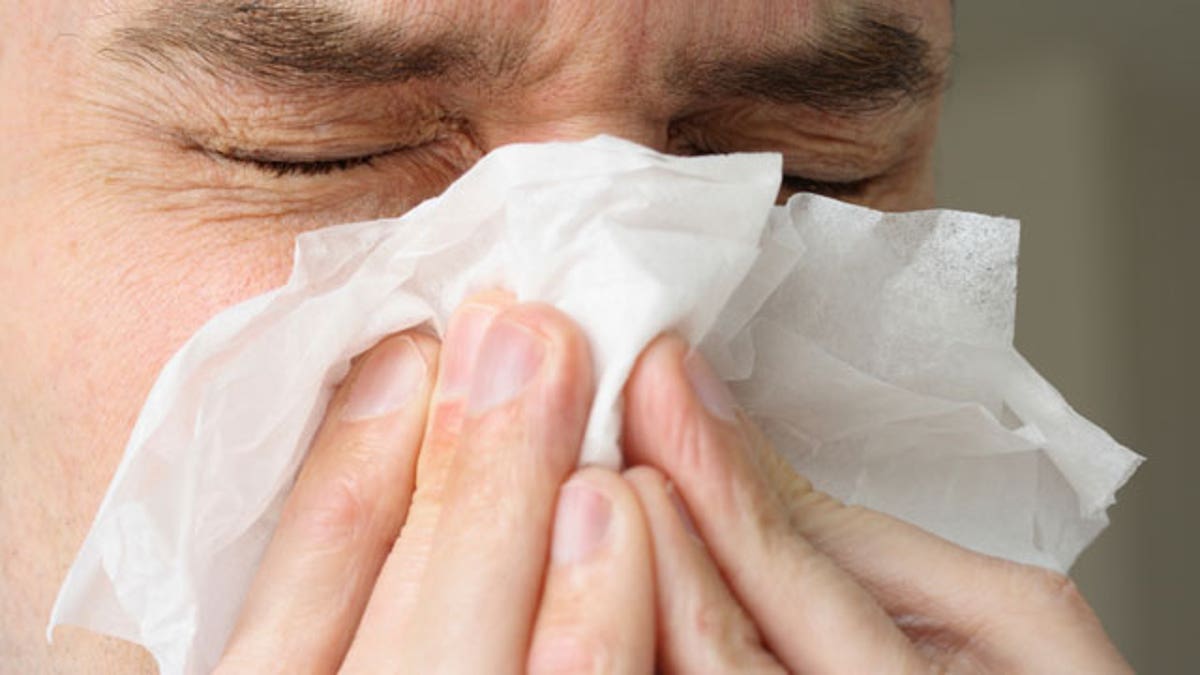
Mary Horowitz is escalating her war on germs this winter. She sometimes circles her employer’s offices after her co-workers have gone home, spraying light switches, keyboards and door handles with disinfectant.
If colleagues cough or sniffle, she sprays the chair and surfaces they’ve touched as they’re leaving.
“I try not to be rude, and to joke about it,” telling co-workers, “I have a 3-year-old,” says Ms. Horowitz, a manager at a Cary, N.C., nonprofit.
With the flu at epidemic levels, many office workers are going to extremes to avoid germs, including stocking oranges, creating quarantine rooms and giving gifts of face masks. But coming face-to-face with a coughing, sniffling colleague requires empathy, tact—and good timing. Do you lean away and hold your breath, or just come out with it and suggest the co-worker go home?
Many employers say one-fourth to one-third of their employees have been out with the flu in recent weeks. Seven in 10 workers say they often come to the office when feeling sick, according to a 2014 OfficeTeam survey of 400 office workers.
The virus is contagious for one day before symptoms set in, and for five to seven days afterward, says Susan Rehm, vice chair of the infectious-disease department at the Cleveland Clinic. It spreads most often via airborne droplets and can survive on surfaces for two to eight hours, she says. A person who is coughing, sneezing or talking can infect others from as far as 6 feet away.
